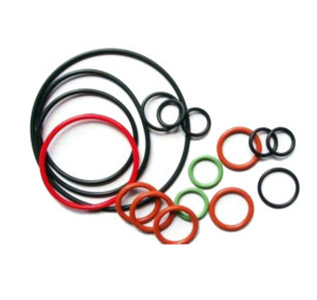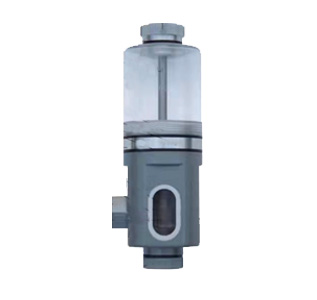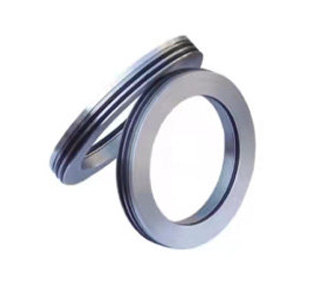NEWS
Company News
Guide for selecting mechanical sealing materials
TIME:2023-08-11
Mechanical seals play a vital role in preventing fluid leakage and ensuring the efficient operation of various industrial machinery. Choosing the right material for mechanical sealing is a key decision that affects its performance, reliability, and service life. In this paper, we will provide comprehensive guidance for mechanical seals by considering compatibility, environmental conditions and operating parameters.
Compatibility with fluids:
The primary consideration in the selection of mechanical sealing materials is the compatibility with the fluid with which they will contact. Different fluids have different chemical composition, pH value and temperature, which can have different effects on the sealing materials. Choosing materials that resist chemical erosion, erosion and degradation caused by a particular fluid is crucial.
Operation requirement:
Understanding the operating conditions is essential to select the suitable sealing material. Factors such as temperature, pressure and rotational speed can significantly affect the performance and durability of mechanical seals. For high-temperature applications, materials with excellent thermal stability, such as ceramic or metal composites, are preferred. Similarly, high-pressure applications may require materials with excellent strength and hardness, such as tungsten carbide or stainless steel.
Environmental considerations:
Environmental factors, such as humidity, moisture, and exposure to corrosive substances, should be considered when selecting materials. Water-sensitive applications may require elastomers with low water absorption, such as fluorocarbon (FKM), or perfluorinated rubber (FFKM). In a corrosive environment, materials such as stainless steel or corrosion-resistant alloys (e. g. alloy or titanium) are recommended.
Abrasion performance:
Mechanical seals often face wear conditions due to the presence of solid particles or contaminants in the fluid. In order to ensure the extended sealing life, materials with excellent wear resistance should be selected. Hard materials such as silicon carbide, tungsten carbide or ceramic composites are commonly used in such applications.
Easy for installation and maintenance:
Convenience of installation and maintenance should also be considered when selecting sealing materials. Certain materials may require specific processing procedures or dedicated tools, thereby increasing the complexity of the installation process. Choosing materials that are relatively easy to install and maintain can reduce downtime and improve overall efficiency.
Cost considerations:
Seal material selection must be balanced between performance and cost. Certain materials with special properties can be expensive, while others may provide more cost-effective solutions without compromising performance. It is essential to assess the long-term benefits and costs associated with each material option to make informed decisions.
Choosing suitable materials for mechanical seals is a key step towards achieving better performance, reliability, and service life in a variety of industrial applications. By considering factors such as fluid compatibility, operating conditions, environmental factors, wear resistance, installation convenience, and cost, engineers and professionals can make informed decisions about material selection. This comprehensive guide is a valuable resource for addressing the complexity of mechanical seal selection, improve industrial operational efficiency and reduce downtime.
Previous:An Introduction to the Different Types of Mechanical Seals Used in Centrifugal Pumps
Next:Pump Basics
+86-0335-8085559
Junming (Hebei) Machinery and Equipment Manufacturing Co., Ltd.
Address:No.1 Huaihe Road, Qinhuangdao Economic and Technological Development Zone
Domestic:+86-0335-3066990
Overseas:+86-0335-8085559
Domestic:info@junmingmeco.com
Overseas:sales@junmingmeco.com
Website:www.junmingmeco.com
-

官方微信


 Recommendation
Recommendation

